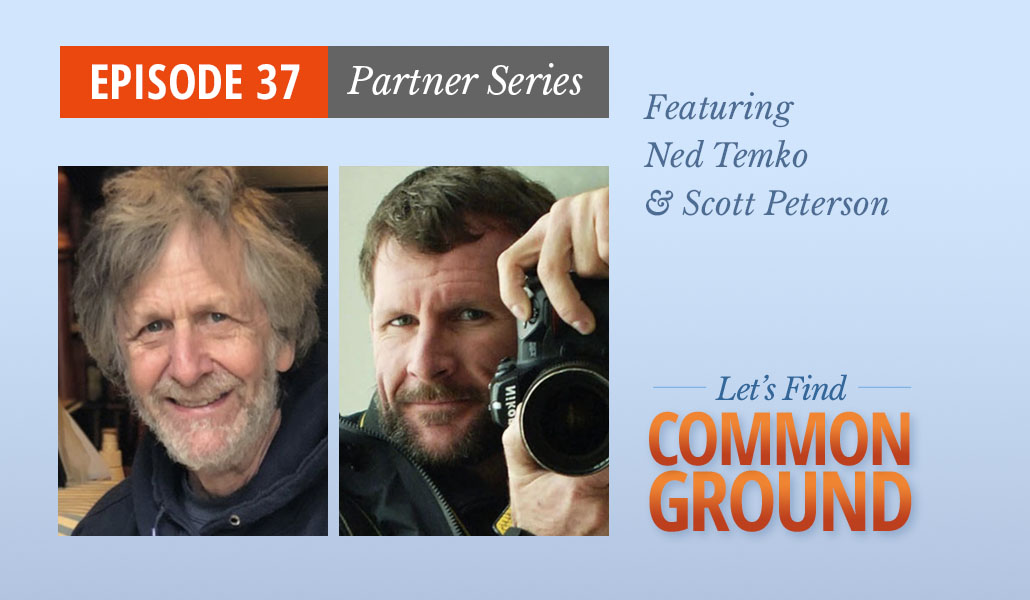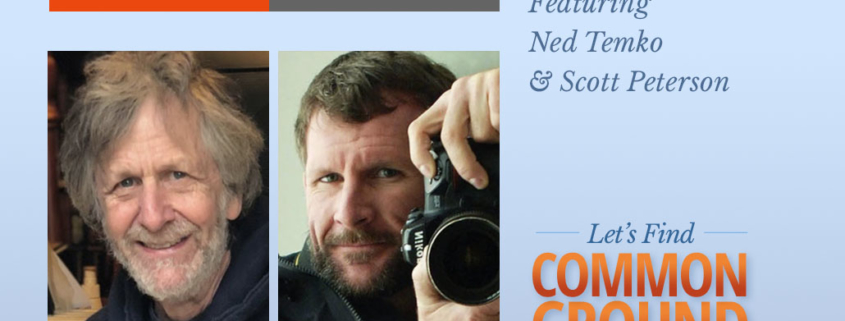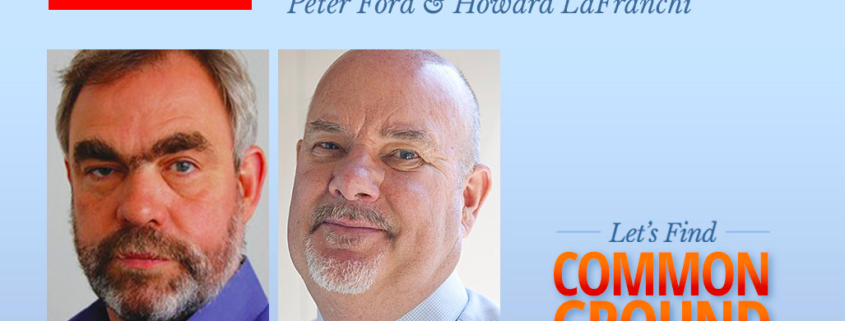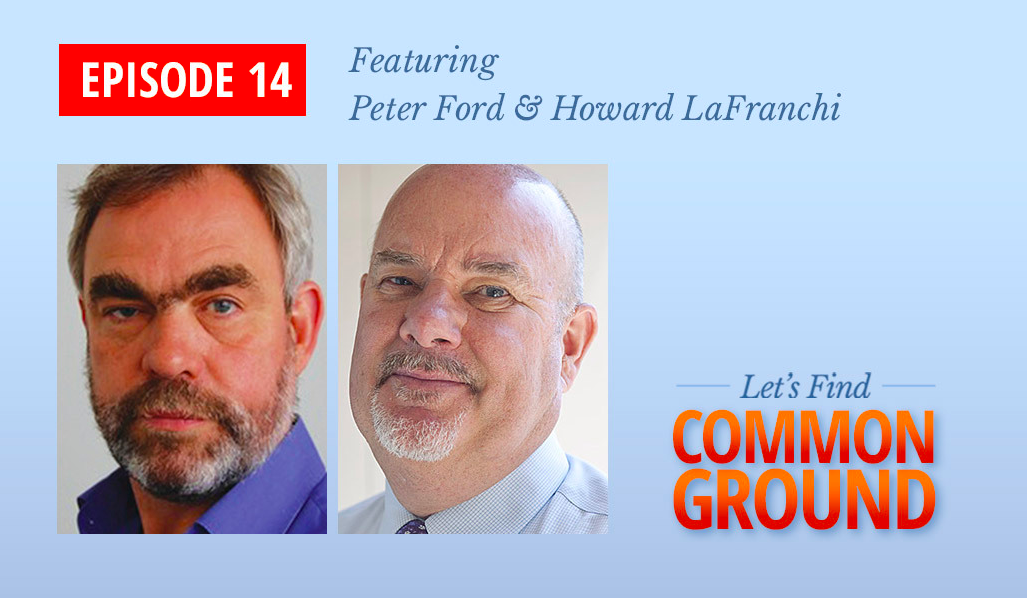American Foreign Policy: Challenges, Threats, Opportunities.

Subscribe to the Podcast
America’s foreign policy challenges are evolving rapidly. What are the implications?
The takeover of the Taliban in Afghanistan; a more aggressive China and Russia; a newly-elected hardline President in Iran, are all major challenges facing President Joe Biden and his administration.
Our podcast guests are Ned Temko, who writes the weekly international affairs column “Patterns” for The Christian Science Monitor, and Scott Peterson, the Monitor’s Middle East bureau chief. Both are highly experienced and well-traveled foreign correspondents, who bring depth and expertise to coverage of global affairs.
Among the many topics covered in this episode: Similarities and differences to President Trump’s “America First” approach, the implications of the rapid withdrawal of US forces from Afghanistan, why China is the biggest overseas challenge for the Biden Administration, relations with America’s allies, and the increased threat to human rights in Asia and the Middle East.
Read the Episode Transcript
Ep. 37: American Foreign Policy – Challenges, Threats, Opportunities.
Ned Temko
Ned Temko writes the weekly international affairs column “Patterns” for The Christian Science Monitor. A longtime Monitor foreign correspondent, he was based in Beirut, Jerusalem, Moscow, and Johannesburg before moving to London at the end of the 1980s for the Monitor’s television news program.
He has covered stories ranging from Middle East war and peace and the hostage crisis in Iran to the final years of Soviet Communism and apartheid in South Africa. As the Monitor TV correspondent, he also covered the fall of the Berlin Wall and Nelson Mandela’s release from prison.
Scott Peterson
Scott Peterson covers the Middle East for The Christian Science Monitor from London, with a special focus on Iran, Iraq, and Syria. A well-traveled and experienced foreign correspondent who is also a photographer for Getty Images in New York, he has reported and photographed conflict and powerful human narratives across three continents for more than two decades.
Scott first joined the Monitor in 1996 as the Middle East correspondent based in Amman, Jordan, then became the Moscow bureau chief. In Afghanistan, he traveled with the Taliban in 1999, and later was witness to their collapse when Kabul fell in 2001.
He has made 30 visits to Iran, which form the backbone of his book Let the Swords Encircle Me: Iran – A Journey Behind the Headlines (Simon & Schuster, 2010). He has also frequently reported from Iraq, first during the 1991 Kurdish uprising, when he secretly crossed the border from Turkey, before being forced to flee across the mountains with more than a million Kurds – and a handful of fellow journalists – when Saddam Hussein’s armed forces crushed the resistance.
Since 1997, he has traveled often to Baghdad, except for a two-year period when he was blacklisted by the former regime. He was embedded for one month with US Marines during their November 2004 assault on Fallujah. Prior to joining the Monitor, Scott covered the 1991 Persian Gulf War, Africa, and the Balkans for The Telegraph (London) and was based in Cyprus; Nairobi, Kenya; and Zagreb, Croatia.
Scott is the author of Me Against My Brother: At War in Somalia, Sudan, and Rwanda (Routledge, 2000), about his work in war zones in Africa during six years in the 1990s.
Read more about Scott’s work on his website.
Want to hear more? Check out our podcast page to see all the discussions!









